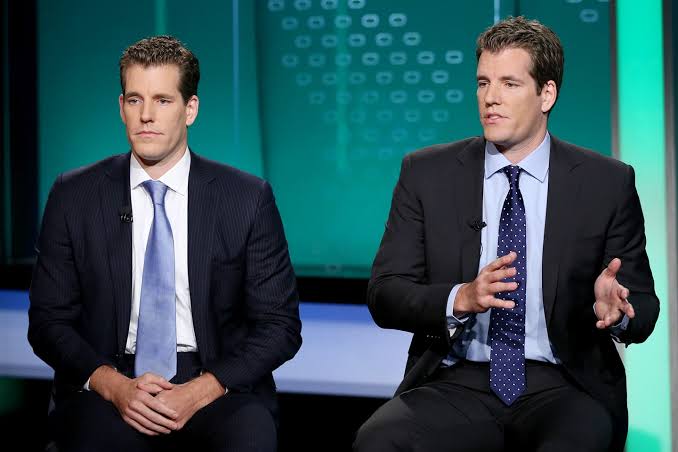
Democrats Risk Losing Young Voters with Anti-Crypto Stance
According to the Winklevoss twins, President Joe Biden and the Democratic Party risk losing crucial young electors due to their ongoing “war against crypto.”
Cameron Winklevoss, co-founder of the cryptocurrency exchange Gemini, tweeted on June 10 that the Democrats’ anti-crypto posture will “alienate an entire generation” of crucial young voters.
Cameron singled out Senator Elizabeth Warren and Securities and Exchange Commission Chair (SEC) Gary Gensler, both nominated by President Biden.
The next day, on June 12, Tyler Winklevoss, Cameron’s twin sibling and the other co-founder of Gemini, tweeted that Warren and Gensler’s “war” would cause the Democrats to lose the 2024 election.
During Gensler’s tenure at the SEC, enforcement actions against the crypto space have increased, while Senator Warren has hinted at creating an “anti-crypto army.”
On November 5, 2024, the United States will hold a presidential election and elections for the House of Representatives and the Senate. All 435 seats in the House and 34 of the 100 in the Senate are up for election.
18- to 29-year-old voters are a significant electoral bloc for the Democrats. 63% of surveyed adolescents voted for the Democrats in the midterm elections of 2022, compared to 35% for the Republicans.
The exact age cohort is also the largest demographic of crypto users or investors, with 28% of Americans aged 18 to 29 saying they have used or invested in crypto at some stage, according to a Pew Research report from April.
Uncertain, however, is the relative significance of crypto policy compared to other issues among young voters.
Priority number one in a January Pew survey on policy priorities conducted before the March banking crisis was strengthening the economy, followed by enhancing education for those aged 18 to 29.
Regulation of cryptocurrencies did not reach Pew’s list of the top 21 policy issues.
Some presidential candidates on both sides of the political aisle, such as Republican candidate Ron DeSantis and Democratic candidate Robert F. Kennedy Jr., have made their positions on crypto policy clear.
According to data from the lobbying monitoring website OpenSecrets, Cameron and Tyler Winklevoss have contributed to both Republican and Democratic nominees’ campaigns.
